Your blood vessels shrink and your skin forms wrinkles to help you grip objects
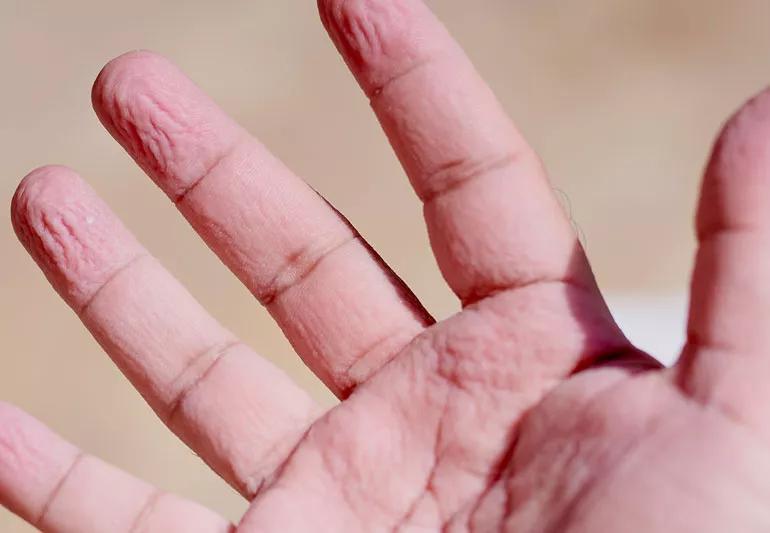
Do you love taking long, hot showers or soaking in the tub? Or perhaps you swim like a fish and hit the pool every day?
Advertisement
Cleveland Clinic is a non-profit academic medical center. Advertising on our site helps support our mission. We do not endorse non-Cleveland Clinic products or services. Policy
You’ve surely noticed the curious effect of water on your skin.
“After just a few minutes in wet conditions, the palms of your hands, the soles of your feet and, in particular, your fingertips, will transform from smooth to wrinkly,” says dermatologist Alok Vij, MD.
But why do fingers prune? Dr. Vij explains the science behind it and offers some tips to protect your skin from other skin issues.
So, what gives — shouldn’t exposure to water plump your skin up like a plum, rather than wrinkling it like a prune?
“This is a fascinating question,” says Dr. Vij. “That ‘pruning’ is more than just passive absorption of water into the protein-rich outer layer of your skin. It’s an active, adaptive process controlled by your sympathetic nervous system.”
Your sympathetic nervous system is part of a larger system in charge of unconscious body processes like digestion and breathing.
It’s mainly responsible for the “fight-or-flight response” that helped us run from a saber tooth tiger in prehistoric times.
And it’s believed that pruney skin is caused by your blood vessels shrinking and your skin forming wrinkles to help you grip objects better in wet conditions — allowing you to grab the slippery, wriggling fish our bodies needed for survival back in the day.
Advertisement
“The grooves appearing in your skin act like tire treads,” explains Dr. Vij. “They allow water to slide out from between the surface of your fingertips and the surface of objects you’re trying to grasp — like that bar of soap you just dropped.”
Yes, developing pruning skin while in water is harmless and happens to everyone. You may have heard someone say they have pruning fingers or prune hands or prune skin — and most often, pruney fingers. Once out of the water, your skin should return to normal.
And while pruning skin is common, it’s best not to overstay your skin’s welcome in a shower or tub.
“Once your skin starts to prune, that’s your signal to wrap things up,” says Dr. Vij.
So, what can you do to avoid pruney skin? Ideally, you want to bathe in warm, not hot, water to avoid removing the natural oils from your skin.
And as soon as you get out, towel-dry briefly. Then, quickly apply moisturizer to add moisture back into your skin’s outer layer.
For those who love to take a dip in the pool or swim laps, pruning happens more often — but the bigger concern is what else can happen to your skin by being submerged in water for so long.
“Frequent swimmers encounter bigger problems than wrinkling of their fingers,” notes Dr. Vij.
Constant exposure to water, chlorine and other chemicals can cause dry skin, eczema or folliculitis.
To avoid the skin irritation, itching, inflammation or infection that result, Dr. Vij advises you to:
“These tips will help you enjoy swimming’s many benefits without consequences for your skin,” says Dr. Vij.
If you have pruning skin from being in water, there’s typically no need to stress. It’s a normal occurrence and a way of your body protecting and helping you.
But if you notice pruney or wrinkly skin and you haven’t been in water, it may signal a health condition like:
In those cases, it’s always best to talk to your doctor about your symptoms.
“Our skin tells fascinating stories about the way humans have adapted to the environment,” reflects Dr. Vij. “And its response to prolonged exposure to water is no different.”
Advertisement

Sign up for our Health Essentials emails for expert guidance on nutrition, fitness, sleep, skin care and more.
Learn more about our editorial process.
Advertisement

Topical treatments — and even some cosmetic procedures — may help reduce the appearance of this crinkled-paper look
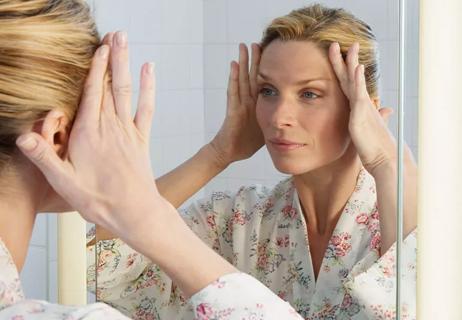
Though popular with influencers and celebrities, there’s little research to back up claims that they work

This noninvasive procedure can help aging skin by boosting collagen production
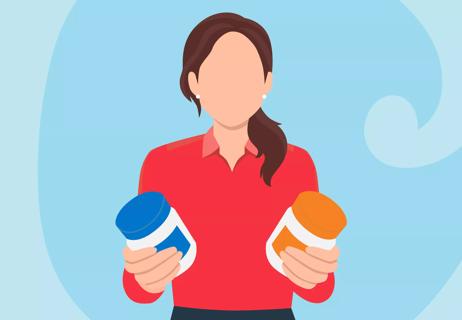
Try limiting heat styling and eating a healthy diet instead
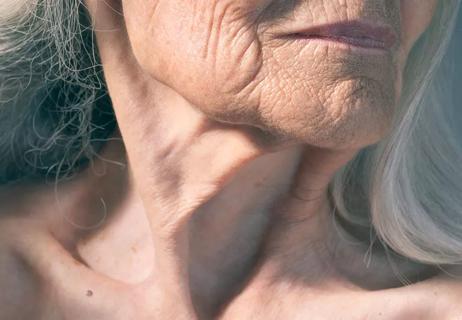
Lifestyle changes, neck exercises, injections and surgery can all help improve turkey neck
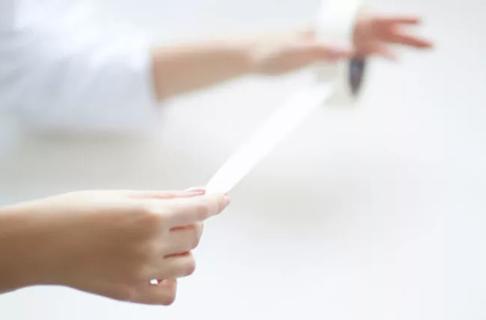
Using tape to smooth wrinkles may be a temporary fix, but there are still risks
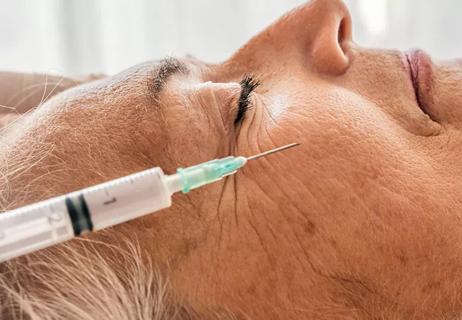
What you can do for laugh lines and facial creases
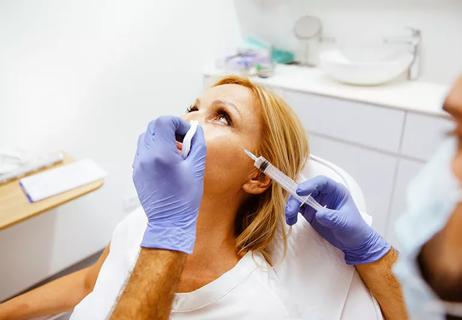
They're less invasive and less time-consuming than other options for the padding beneath your eyes

Even small moments of time outdoors can help reduce stress, boost mood and restore a sense of calm

A correct prescription helps your eyes see clearly — but as natural changes occur, you may need stronger or different eyeglasses

Both are medical emergencies, but they are very distinct events with different causes